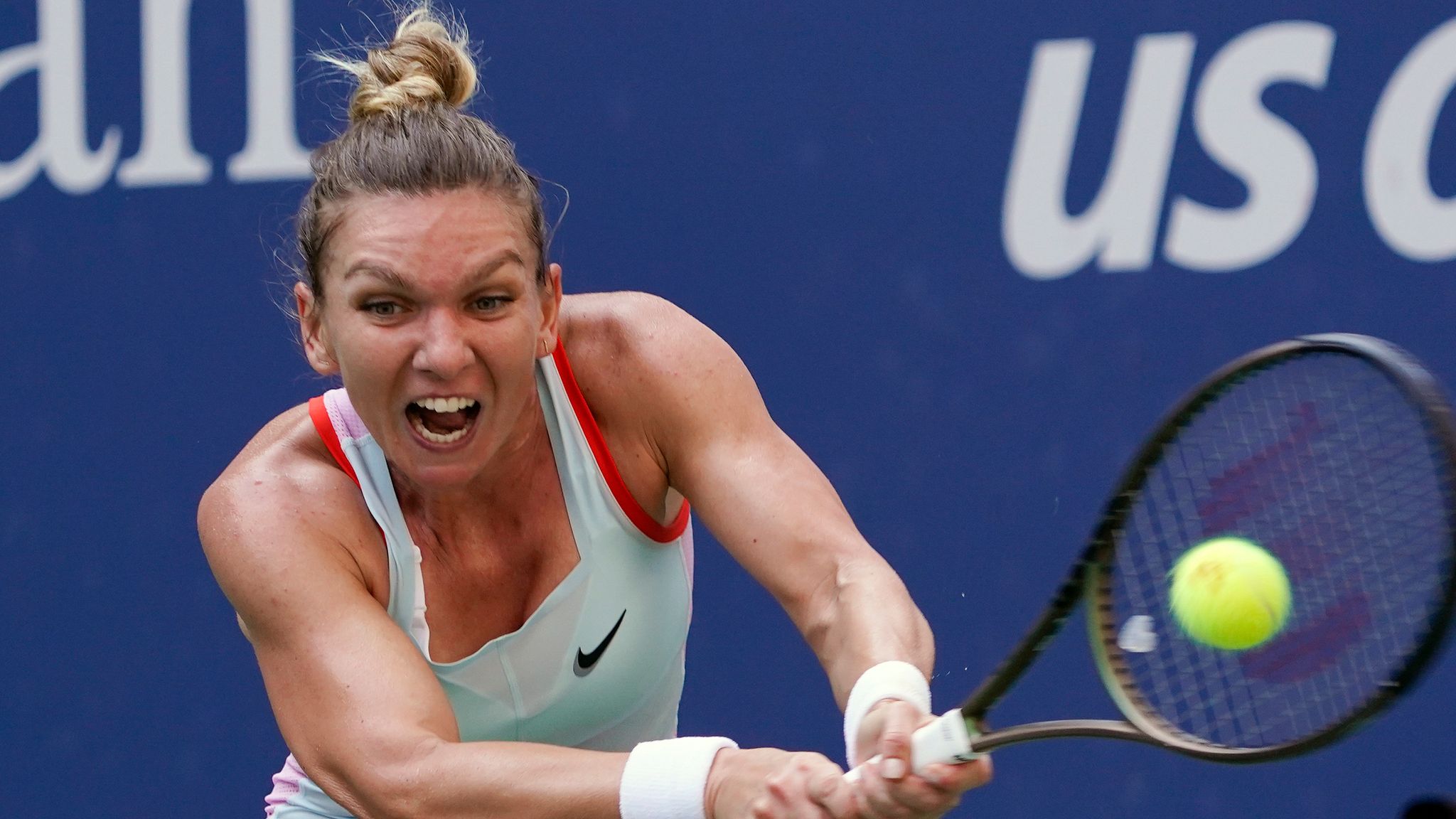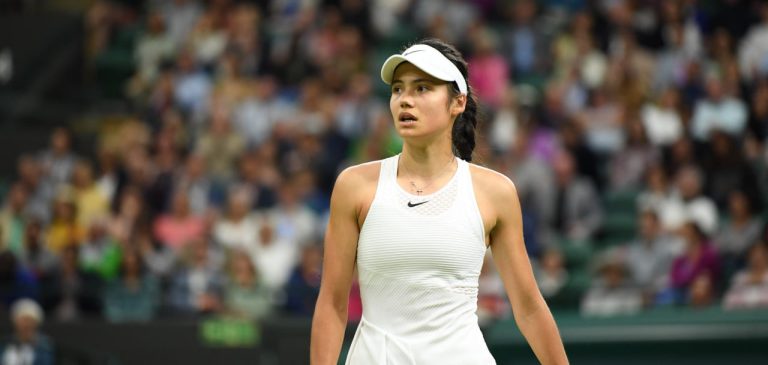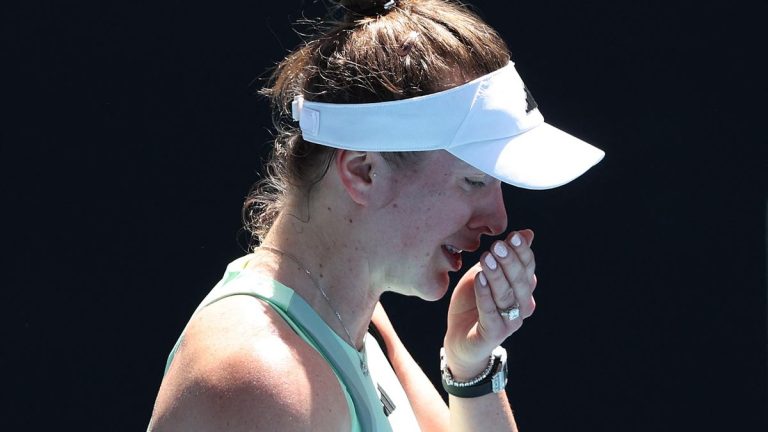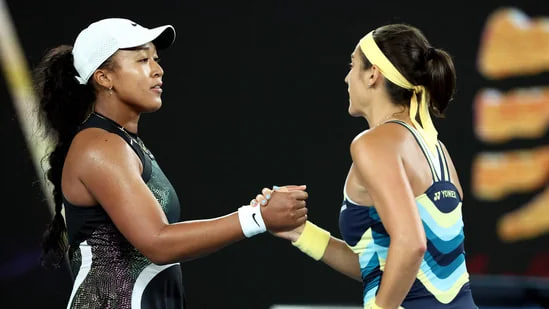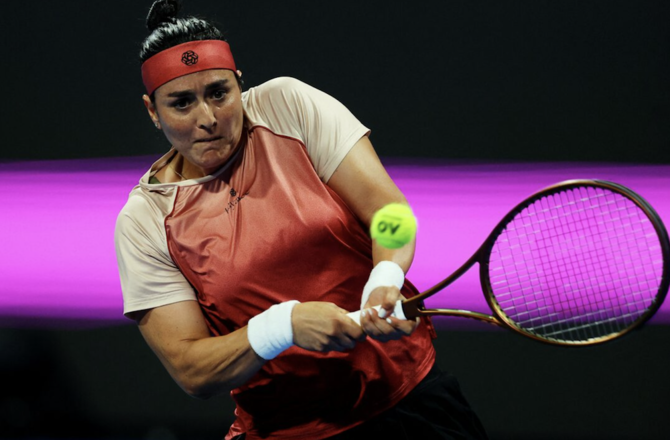Simona Halep’s Doping Ban Reduced: A Victory for Justice and Integrity in Tennis
Former Wimbledon and French Open champion Simona Halep (32) received a significant reprieve on Tuesday as the Court of Arbitration for Sport (CAS) slashed her four-year doping ban to just nine months. This decision paves the way for the former world number one to make a triumphant return to competitive tennis.
Initially handed a lengthy suspension for two separate anti-doping rule violations, Halep’s case underwent thorough scrutiny by the Lausanne-based CAS. Following careful deliberation, the CAS Panel unanimously concluded that her suspension should be drastically reduced to a mere nine months, a period that she has already served.
In a statement issued in response to the ruling, Halep expressed her relief and gratitude, affirming her unwavering belief in the truth prevailing. She maintained her innocence throughout the arduous process, asserting her status as a clean athlete and expressing eagerness to resume her career on the court.
The Romanian tennis star’s journey through the doping scandal has been tumultuous, beginning with her suspension in October 2022 after testing positive for roxadustat, a banned substance known for its role in stimulating red blood cell production. Subsequently, Halep faced another doping charge due to irregularities detected in her athlete biological passport (ABP), a mechanism designed to monitor blood parameters and detect potential doping.
Throughout the ordeal, Halep vehemently denied any wrongdoing, attributing her positive test result to contaminated supplements. She also criticized the International Tennis Integrity Agency (ITIA) for what she perceived as unjust treatment, particularly regarding the ABP violation charge based on her profile.
Tennis Full Results | Schedule
The CAS decision not only vindicated Halep’s claims of innocence but also shed light on the complexities of anti-doping protocols and the need for thorough investigation and fairness in such cases. The independent tribunal acknowledged Halep’s assertion regarding contaminated supplements but deemed the volume consumed insufficient to explain the concentration of roxadustat in her sample.
Moreover, the dismissal of the ABP charge underscored the importance of considering extenuating circumstances, such as Halep’s impending surgery and decision to abstain from competition at the time of the sample collection.
In response to the CAS ruling, ITIA Chief Executive Officer Karen Moorhouse emphasized the organization’s commitment to upholding the integrity of the anti-doping process while respecting athletes’ rights to appeal and receive a fair outcome.
Overall, Halep’s ordeal serves as a testament to the complexities and challenges inherent in anti-doping measures in professional sports. As she prepares to return to the tennis circuit, Halep’s resilience and unwavering dedication to clearing her name exemplify the values of integrity and perseverance in the face of adversity.

